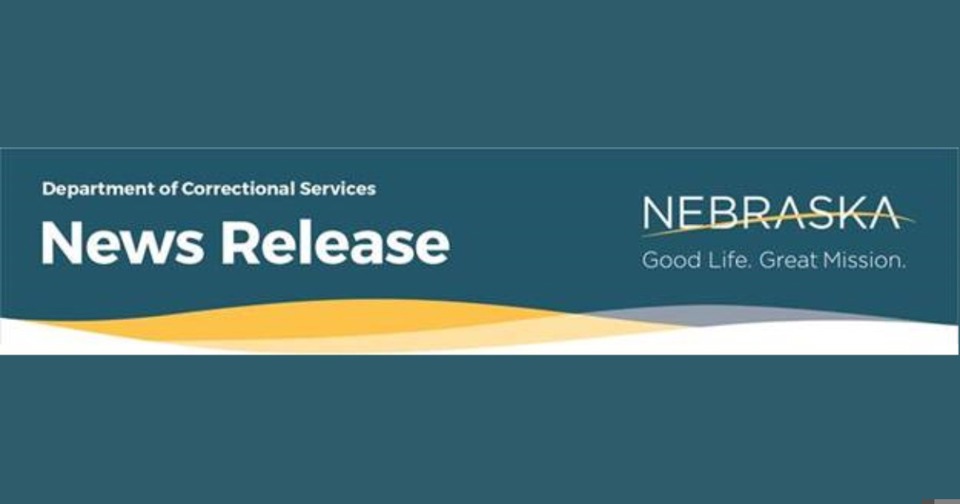LB631 furthers NDCS efforts to transform Nebraska

April 18, 2024 (Lincoln, Neb.) – Signed into law on April 16, 2024, LB631 expands resources for those returning to the community after incarceration and increases community engagement around criminal justice.
LB631 establishes Community Work Release and Reentry Centers, creates the National Career Readiness Certificate Pilot Program, and transfers the Division of Parole Supervision to the Department of Correctional Services. The bill also establishes the Reentry Continuity Advisory Board to promote the interests of re-entering persons and their families, enhance public safety through effective re-integration into the community, and engage with neighborhood groups and other stakeholders.
“April is Second Chance Month, and communities across the country are recognizing the importance of safe and successful reentry, “said Rob Jeffreys, director of the Nebraska Department of Correctional Services. “We appreciate the confidence Governor Pillen and the Nebraska Legislature have placed in our agency to build second chances for our returning citizens. The reentry focus of this bill aligns with our TRANSFORM Nebraska framework, which includes the national Reentry 2030 initiative, and supports continuity of services for the men and women who are re-entering our communities.”
In February, Nebraska became the fourth state in the nation to launch Reentry 2030, a national initiative uniting leaders across the country — at the state and local levels and across justice, workforce, health, and housing sectors — to improve reentry success for people with criminal records. Reentry 2030 is led by The Council of State Governments (CSG) Justice Center, Correctional Leaders Association, and JustLeadershipUSA, in partnership with the U.S. Department of Justice’s Bureau of Justice Assistance under the Second Chance Act.
As a participating state in Reentry 2030, Nebraska is committed to setting bold, meaningful, and transparent reentry goals and tracking its progress on outcomes to drive systemic changes. Nebraska’s goals are centered around reentry success, education, employment, collaboration and supportive resources.
